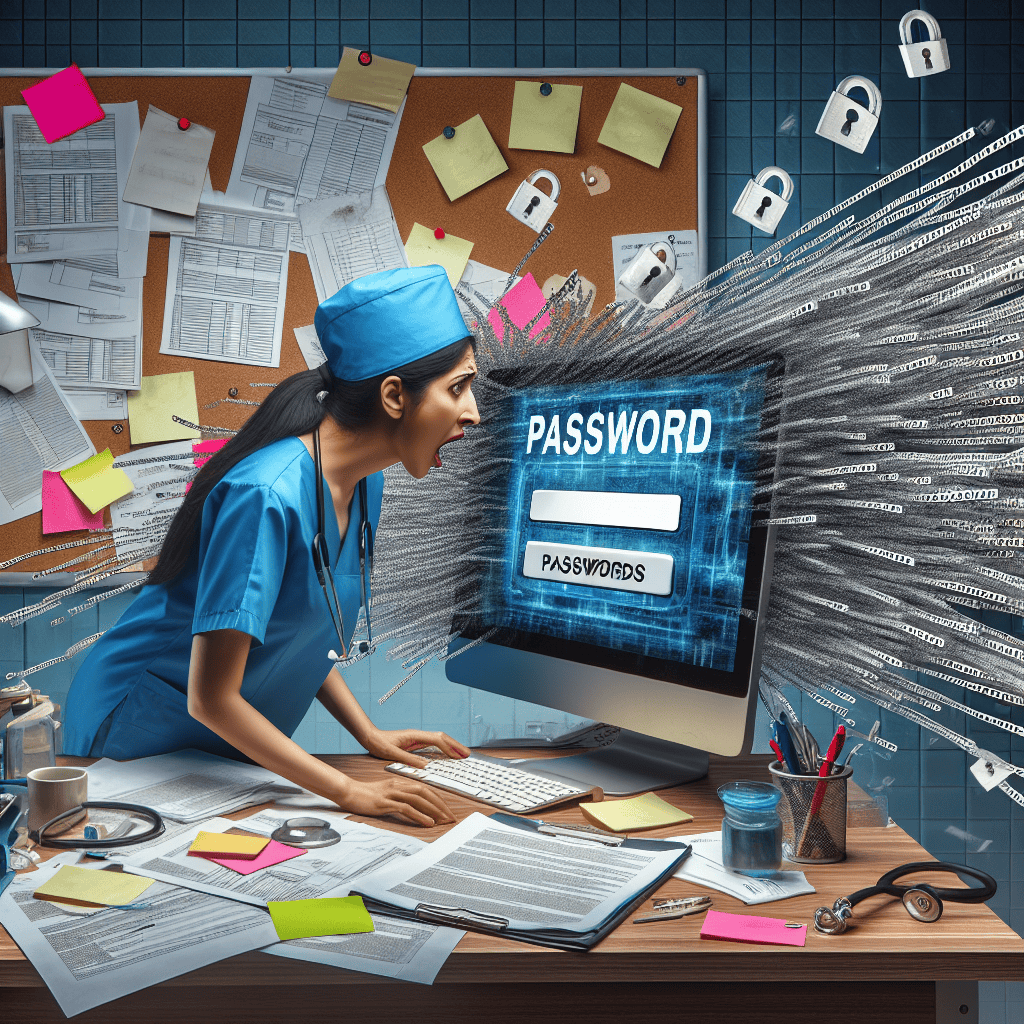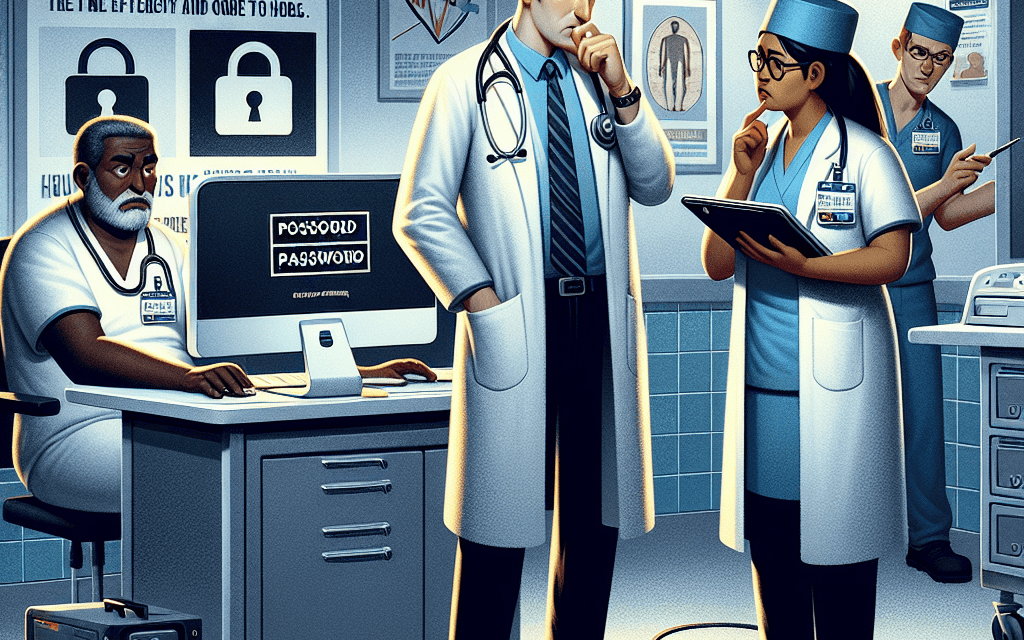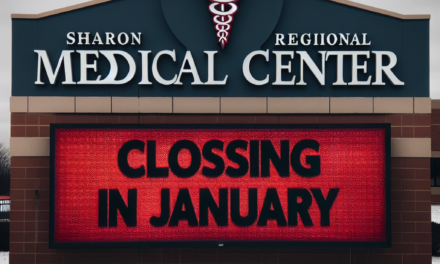Rethinking Passwords in Healthcare: A Doctor’s Insight on Their Ineffectiveness

In the digital age, the healthcare industry is increasingly reliant on technology to manage patient information, streamline operations, and improve patient care. However, with this reliance comes the critical need for robust cybersecurity measures. One of the most common security practices is the use of passwords. Yet, as a doctor with firsthand experience in the healthcare sector, I have observed that traditional password systems are often ineffective and can even pose risks to patient safety and data security. This article delves into the reasons why passwords are failing in healthcare and explores potential solutions to enhance security.
The Limitations of Passwords in Healthcare
Passwords have long been the cornerstone of digital security, but in the context of healthcare, they present several limitations. These limitations not only compromise security but also hinder the efficiency of healthcare delivery.
Complexity and Memorability
Healthcare professionals are required to remember numerous passwords for different systems, each with its own complexity requirements. This can lead to several issues:
- Frequent password resets due to forgotten passwords, which can disrupt workflow.
- Use of simple, easily guessable passwords to avoid memorization challenges.
- Writing down passwords, which increases the risk of unauthorized access.
Studies have shown that the average healthcare worker must remember between 8 to 12 different passwords, each requiring a mix of uppercase letters, numbers, and special characters. This complexity often leads to poor password practices, such as reusing passwords across multiple platforms, which can be a significant security risk.
Time Constraints and Patient Care
In a fast-paced healthcare environment, time is of the essence. Password-related issues can lead to delays in accessing critical patient information, which can have serious implications for patient care:
- Delayed access to electronic health records (EHRs) can impede timely diagnosis and treatment.
- Emergency situations require immediate access to patient data, and password barriers can be detrimental.
- Healthcare professionals may resort to sharing passwords to bypass these delays, further compromising security.
For instance, a study conducted in a busy hospital setting found that password-related delays accounted for an average of 10 minutes of lost time per healthcare worker per day. This time could otherwise be spent on patient care, highlighting the inefficiency of current password systems.
Security Vulnerabilities
Despite their intended purpose, passwords are often the weakest link in the security chain. Cybercriminals employ various tactics to exploit password vulnerabilities:
- Phishing attacks that trick users into revealing their passwords.
- Brute force attacks that systematically guess passwords until the correct one is found.
- Credential stuffing, where attackers use stolen credentials from one breach to access other systems.
According to a report by Verizon, 81% of hacking-related breaches leveraged stolen or weak passwords. In healthcare, where sensitive patient data is at stake, the consequences of such breaches can be devastating, leading to financial losses, reputational damage, and compromised patient privacy.
Regulatory Compliance Challenges
Healthcare organizations are subject to stringent regulations, such as the Health Insurance Portability and Accountability Act (HIPAA) in the United States, which mandates the protection of patient information. Passwords alone may not suffice to meet these regulatory requirements:
- Regulations often require multi-factor authentication (MFA) to enhance security.
- Auditing and monitoring of access logs are necessary to ensure compliance.
- Regular security assessments and updates are required to address emerging threats.
Failure to comply with these regulations can result in hefty fines and legal repercussions. For example, a healthcare provider was fined $2.5 million for failing to implement adequate security measures, including strong password policies, to protect patient data.
User Experience and Satisfaction
Finally, the user experience is a critical factor in the effectiveness of password systems. Healthcare professionals often express frustration with cumbersome password protocols:
- Frequent password changes disrupt workflow and lead to dissatisfaction.
- Complex password requirements can be seen as a barrier rather than a security measure.
- Negative experiences with password systems can lead to resistance to adopting new technologies.
A survey of healthcare workers revealed that 60% found password policies to be overly burdensome, impacting their overall job satisfaction. This dissatisfaction can lead to decreased morale and productivity, further highlighting the need for a more user-friendly approach to security.
Exploring Alternatives to Passwords
Given the limitations of traditional passwords, it is imperative to explore alternative security measures that can better meet the needs of the healthcare industry. Several innovative solutions have emerged, offering enhanced security and improved user experience.
Biometric Authentication
Biometric authentication leverages unique physiological characteristics, such as fingerprints, facial recognition, or iris scans, to verify identity. This method offers several advantages over traditional passwords:
- Eliminates the need for memorization, reducing the risk of forgotten passwords.
- Provides a higher level of security, as biometric data is difficult to replicate.
- Streamlines access to systems, improving efficiency in healthcare settings.
For example, a hospital in New York implemented a fingerprint-based authentication system for accessing EHRs. The result was a 30% reduction in login times and a significant decrease in unauthorized access incidents. Biometric authentication not only enhances security but also improves the overall user experience for healthcare professionals.
Multi-Factor Authentication (MFA)
MFA adds an extra layer of security by requiring users to provide two or more verification factors. This approach significantly reduces the risk of unauthorized access:
- Combines something the user knows (password) with something they have (smartphone) or something they are (biometric).
- Mitigates the impact of stolen or compromised passwords.
- Enhances compliance with regulatory requirements.
A case study involving a large healthcare network demonstrated the effectiveness of MFA. After implementing MFA, the network experienced a 50% reduction in successful phishing attacks, highlighting the importance of this security measure in protecting sensitive patient data.
Single Sign-On (SSO)
SSO allows users to access multiple applications with a single set of credentials, simplifying the login process and reducing password fatigue:
- Improves user experience by minimizing the number of passwords to remember.
- Reduces the risk of password reuse across different systems





